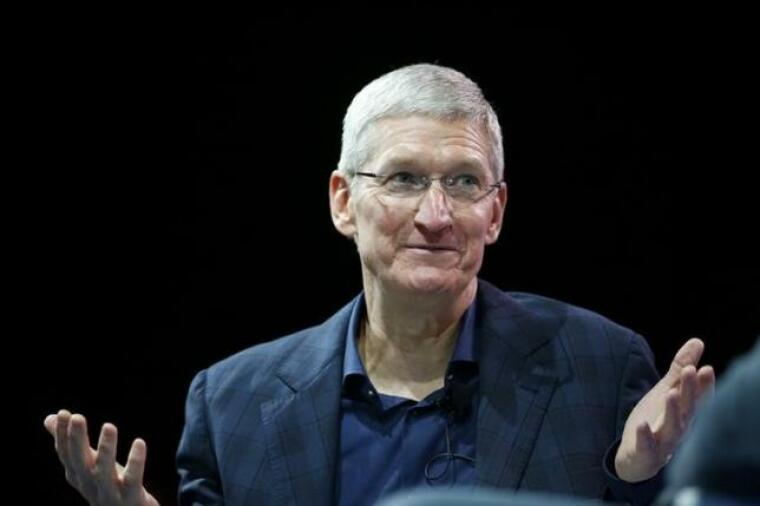Apple vs. FBI news: No to unlocking an iPhone

Apple Inc., the world's largest information technology company, released a public announcement on Tuesday, Feb. 16, signed by its CEO Tim Cook, expressing its refusal to comply with a judge's order to intrude into the iPhone of one of the San Bernardino shooters to assist the FBI in facilitating the investigation of the case. The prestigious company mentioned that this demand from the United States government "has implications far beyond the legal case at hand."
The CEO explained: "The government is asking Apple to hack our own users and undermine decades of security advancements that protect our customers — including tens of millions of American citizens — from sophisticated hackers and cybercriminals. The same engineers who built strong encryption into the iPhone to protect our users would, ironically, be ordered to weaken those protections and make our users less safe."
According to Cook, the government's order requires them to build a "backdoor to the iPhone," which the company deems as threatening the security of the users.
White House Press Secretary Josh Earnest clarified in a statement: "They are not asking Apple to redesign its product or to create a new backdoor to one of their products. They are simply asking for something that would have an impact on this one device."
However, the CEO emphasized that protecting their customers' data is of top priority and that they even have no access to this data because they "believe the contents are none of their business." For this reason, the company did not agree to break into the iPhone of the suspect because it would mean invading the privacy of their clients.
The CEO also wants the general public to understand the pros and cons of this judge's order so he is inviting the people for a public discussion.
The letter also said: "We are challenging the FBI's demands with the deepest respect for American democracy and a love of our country. We believe it would be in the best interest of everyone to step back and consider the implications."